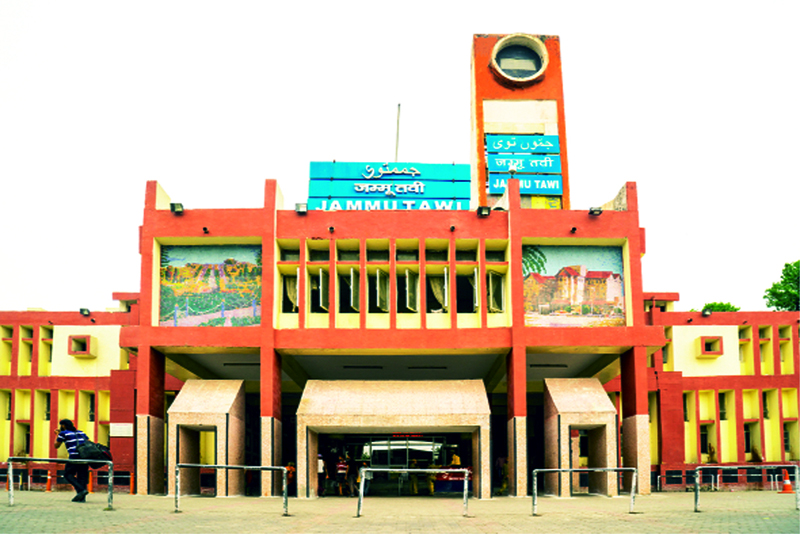The ongoing redevelopment of the Jammu Tawi Railway Station is focused on modernizing its infrastructure and enhancing its capacity. However, this extensive project has led to significant disruptions in train services, affecting thousands of travelers. While the long-term advantages are clear, the current inconveniences underscore the urgent need for improved planning, communication, and mitigation measures during such large-scale initiatives.
The scale of disruption has been considerable. From January 15 to March 3, 2025, numerous trains have been cancelled, rescheduled, or short-terminated, impacting routes between Jammu and major cities like New Delhi, Barmer, Patna, Indore, and Guwahati. In total, 65 trains have been cancelled, with an additional 25 rescheduled or curtailed. Iconic services, such as the Vande Bharat Express between New Delhi and Katra, the Shalimar Express, and the Diesel Multiple Units on the Pathankot-Udhampur route, have also been affected. This chaos is particularly frustrating for pilgrims traveling to the revered Shri Mata Vaishno Devi shrine. Despite advisories from Northern Railway to check schedules ahead of time, many passengers have found themselves stranded or racing to make alternative arrangements.
The redevelopment project itself is a crucial and ambitious undertaking. The Jammu Tawi Railway Station, an essential hub in Northern India, has long faced capacity issues and outdated facilities. Plans include adding four new platforms, increasing washing pits from three to five, and installing washable aprons, all aimed at improving passenger experience and accommodating rising traffic. Completion of the project, expected in six months, promises to transform the station into a modern facility capable of handling greater volumes of passengers and train traffic.
While the long-term vision is commendable, the immediate challenges raise concerns about planning and implementation. A significant issue has been the lack of effective communication with the public. Passengers have expressed frustration over insufficient notice regarding cancellations and schedule changes, resulting in widespread confusion. In today’s digital age, the failure to provide timely updates and clear information reflects poorly on the authorities. While disruptions are inevitable in projects of this scale, minimizing inconvenience to the public should be a priority. Phased construction and temporary arrangements to maintain essential services could have lessened the impact on travelers.
The disruptions extend beyond mere inconvenience; they have substantial economic implications. Jammu serves as a major entry point for tourists and pilgrims, and halting services will likely harm the local economy. Hotels, restaurants, transport services, and small businesses reliant on a steady influx of visitors may suffer losses during this period. Authorities must take these ripple effects into account.
Given the significant impact on economic activities and the challenges faced by travelers, alternative strategies should be considered. Train travel remains one of the most economical and comfortable options for long-distance journeys, with express trains like the Vande Bharat Express offering a viable alternative to flying. Those most affected are likely the travelers who planned their trips in advance and secured bookings. The cancellation of 65 trains puts additional pressure on remaining services, leading to increased passenger congestion. Instead of outright cancellations, terminating trains at a nearby station could be a practical solution, with passengers subsequently transported to Jammu by road.
As the redevelopment of Jammu Tawi Railway Station continues, invaluable lessons must be gleaned for future infrastructure projects. Transparency, proactive communication, and contingency planning should be fundamental throughout the process. Upgrading public infrastructure should not result in a loss of public confidence or convenience. With improved planning and execution, such initiatives can meet their goals without imposing undue hardship on the very individuals they are intended to benefit.


Leave a Reply